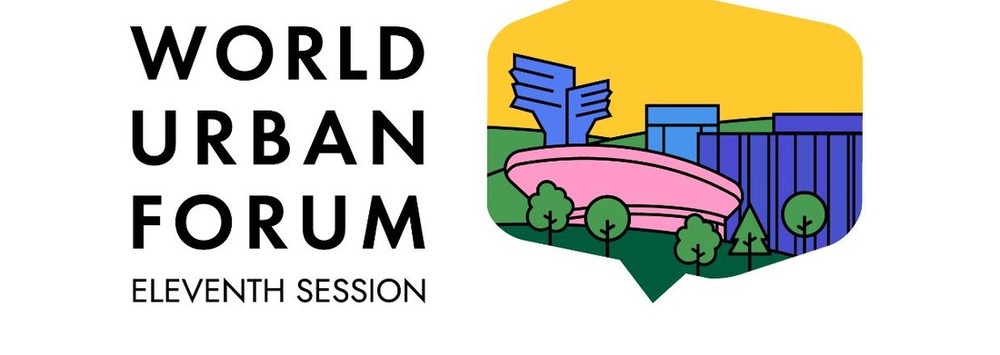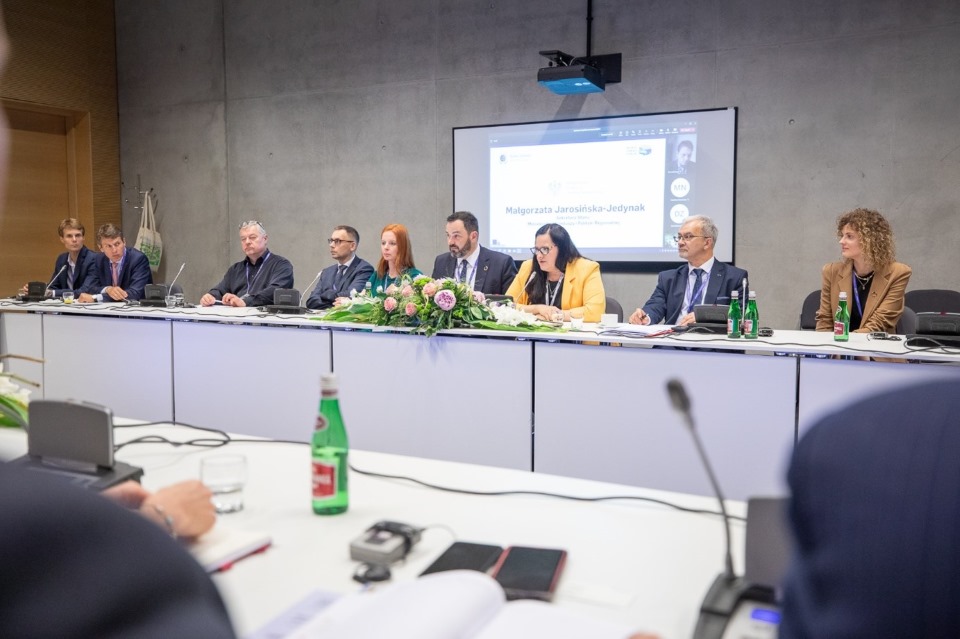KRUK Group at World Urban Forum in Katowice

Is living in a city considered eco-friendly? The World Urban Forum answers plainly – yes, but we have to face the overarching issues that involve all of us. We are witnessing a world that will continue to urbanize over the next three decades — from 56 percent in 2021 to 68 percent in 2050. This translates into an increase of 2.2 billion urban residents, living mostly in Africa and Asia – yet all regions of the world are expected to become more urbanized.
Reading time: 6 minutes
Over half of the world's population lives in cities. While each city is unique, they face similar challenges, including pollution, the climate crisis and the COVID-19 pandemic. The exchange of ideas to address urban challenges such as improved housing basic services and green spaces is critical. The World Urban Forum, known as WUF, is the largest global gathering on sustainable urbanization.
The World Urban Forum (WUF) is a prestigious international conference, organized by UN-Habitat for urban growth and human settlements. This is the most important global event concerning municipal policies, transformation and development. The conference is held every two years and hosts over 20 thousand participants representing governments, regions, cities, non-governmental organizations and financial institutions.
The eleventh edition, themed Transforming Our Cities for a Better Urban Future, was held is the city of Katowice 26-30 June 2022. Nearly 20 000 participants took part in discussions coving the most pressing issues of today’s world. They included, but were not limited to:
- social inequalities,
- impact of COVID-19 on cities,
- rapid urbanization,
- water and sewer system scarcity,
- basic healthcare accessibility,
- poverty.
The conference gathered the most impactful leaders from all over the world. The Opening Ceremony started with the United Nations Secretary-General Antonio Guterres’ remarks in a video message and was followed by the speech of Polish Prime Minister Mateusz Morawiecki. Amongst the attendees was also Maimunah Mohd Sharif – UN Habitat Director. KRUK Group was represented by Michał Zasępa – the Management Board Member and CFO.

“I believe that as KRUK Group we should actively participate in addressing climate challenges and adapt to upcoming changes. We need to act and as a member of the Business Council that developed important guidelines at WUF11, I am glad that we are engaging in dialogue not only among private companies but also in public-private cooperation.” – Michał Zasępa
The report Envisaging the Future of Cities published at the conference seeks to provide greater clarity and insights into the future of cities based on existing trends, challenges and opportunities, as well as disruptive conditions, including the valuable lessons from the COVID-19 pandemic, and suggest ways that cities can be better prepared to address a wide range of shocks and transition to sustainable urban futures. The Report proposes a state of informed preparedness that provides us with the opportunity to anticipate change, correct the course of action and become more knowledgeable of the different scenarios or possibilities that the future of cities offers. The report points out the role of business in taking responsibility for climate change-related challenges.
KRUK Group had an opportunity to participate in the UNGCNP Business Council meeting. The Council consists of representatives of business, NGOs, as well as the financial sector and was responsible to develop and adopt recommendations for cities on issues such as energy, construction, noise level management, transport and access to information. The idea behind the Business Council was that urban transformation based on inhabitants’ wellbeing and environmental concerns, cannot proceed without the support from the private sector.
The recommendations drafted by the Council cover all the nuanced topics connected to cities’ impact on the environment and the wellbeing of their residents. Specifically, the proposals pertain to energy production and consumption, construction, management, sustainable transport, noise and air pollution, industrial infrastructure, energy efficiency, transmission infrastructure and education based on good practices for the urban authorities. The council agreed that the collaboration between various stakeholders and access to quality data were crucial in order to create truly Smart Cities.
The World Urban Forum highlights the importance of ESG factors in organizations. Responsible and sustainable business activity based on diversity and inclusion can make cities green and more resilient to clime change-induced setbacks.
More information on the event can be found here: https://wuf.unhabitat.org/
